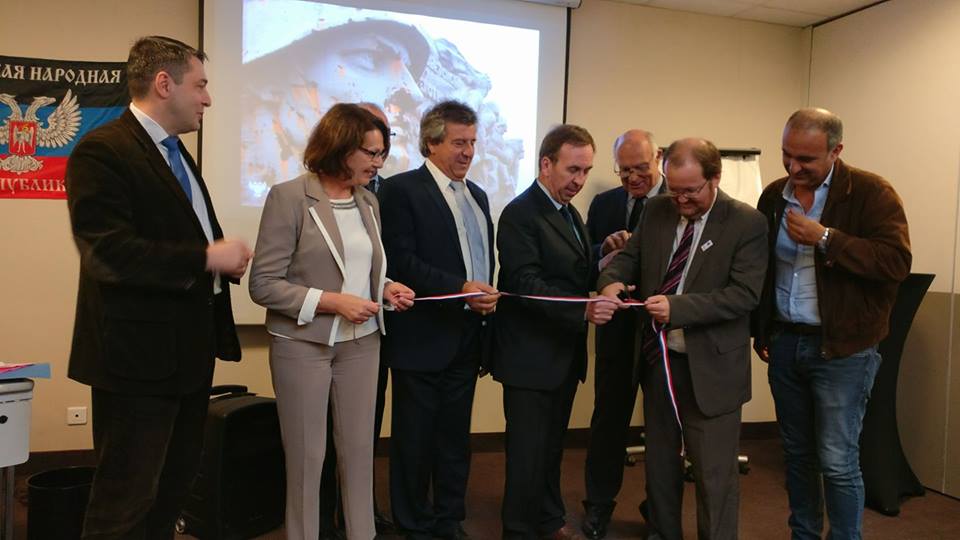The National Council for TV and Radio Broadcasting intends to discuss the TV programs that were broadcast by all Ukrainian TV channels on New Year’s Eve with representatives of the NSDC, the Ministry for Information and the profiling parliamentary committee on January 15, reported head of the Council Yury Artemenko.
According to him, the decision to conduct this sort of monitoring was approved after scandal broke out surrounding EspresoTV’s broadcast of the speech made by Russian President Vladimir Putin to the Federal Assembly of Russia.
The main item on the agenda will be INTER’s New Year’s Eve broadcast, Artemenko says.
“If we are walking about Russian TV series we have on air today, I can understand the TV channels that bought this product from Russia a year ago without knowing Maidan would happen. Here, I really think that INTER TV channel should have approached the issue more thoroughly: the product was created several months ago, when they could have predicted the reaction of a certain part of the viewership to such a broadcast,” notes the head of the National Council.
Besides, as Artemenko’s deputy, Olha Herasymyuk, wrote on her Facebook page, it is expected that SBU representatives, as well as journalists and civil activists will be present at the meeting.
Prosvita activist, member of the expert committee for movie distribution and demonstration in Derzhkino Olexiy Kurinnyy promises to demand that INTER’s broadcasting license be revoked.
“It is clear that during the concert the artists did not propagate animosity, and it would have been laughable if it had happened, but people like Kobzon, Gazmanov, who supported Putin’s course with their words and signatures, whose work is filled with the topic of the USSR, participated in the concert,” he says.
Revoking the license is a long and formalized process: the channel has to be given a formal warning twice, monitored, and only then can the court make such a decision, according to Artemenko. According to him, this norm prevents the National Council from turning into a body for censorship. Meanwhile, the NSDC can quickly ban any TV channel on the territory of Ukraine based on the sanctions law, if there is enough reason for it, the head of the National Council noted.
Ligachova: before the concert, INTER broadcast Rossiya-1’s product
There are grounds to discuss INTER’s information policies, however, the issue there is not so much their own product, which is being actively discussed at the moment, but the broadcasting of banned Rossiya-1 material several hours before the concert, noted Telekritika editor-in-chief Nataliya Ligachova.
“The TV allowed itself to broadcast New Year’s ‘Ogonki’ (a collective term for New Year’s Eve concerts in the USSR) from that very channel, thus violating the existing prohibition,” he explains.
INTER calls the discussion surrounding their New Year’s Eve broadcast pressure on the TV channel, which, as its representatives claim, created the most popular New Year’s product, as the most viewers all around Ukraine had seen it. This information appeared on the channel’s website.
Earlier, secretary of the parliamentary committee for human rights, Oppositional Block MP Vadym Rabynovych claimed freedom of speech was being infringed on in regard to the scandal surrounding INTER’s concert.
Minister for Information Policies Yury Stets immediately announced his intention to initiate a law that would implement the term ‘persona non-grata’ in mass media, and the NSDC directed a letter to the National Council for TV and Radio calling for attention to INTER’s informational policies.







